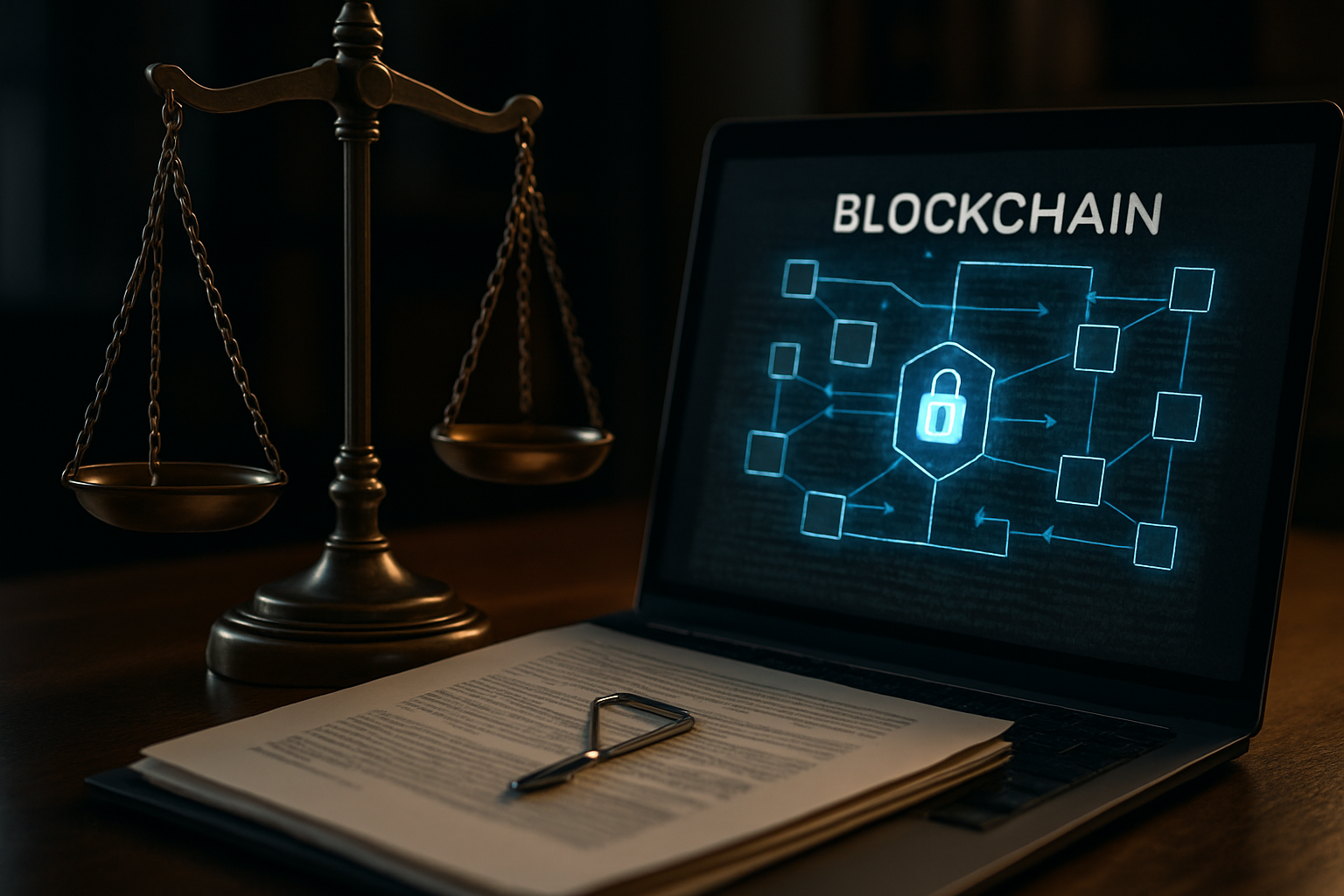Navigating the Legal Labyrinth of Smart Contract Disputes
Introduction: As blockchain technology revolutionizes business transactions, smart contracts have emerged as a groundbreaking tool for automating agreements. However, their implementation has given rise to complex legal challenges, blurring the lines between traditional contract law and cutting-edge technology. This article delves into the intricate world of smart contract disputes, exploring the legal frameworks struggling to keep pace with this rapidly evolving landscape.

The fundamental premise of smart contracts is to eliminate the need for intermediaries, reduce transaction costs, and increase efficiency. By automating contract execution, they promise to streamline processes across various industries, from finance and real estate to supply chain management and intellectual property rights.
Legal Challenges in Smart Contract Interpretation
One of the primary challenges in smart contract disputes is the interpretation of code as a legally binding agreement. Traditional contracts rely on natural language, which allows for nuanced interpretation based on context and intent. Smart contracts, however, operate on a binary logic of if-then statements, leaving little room for ambiguity or flexibility.
Courts and legal professionals are grappling with questions such as: How does one determine the true intent of parties in a smart contract? Can code be considered a valid form of contractual agreement under existing laws? These questions become particularly complex when smart contracts interact with real-world events or require subjective judgment.
Jurisdictional Issues and Governing Law
The decentralized nature of blockchain technology poses significant jurisdictional challenges in smart contract disputes. Traditional contracts typically specify the governing law and jurisdiction for dispute resolution. However, smart contracts often operate across borders, with parties potentially located in different countries and transactions occurring on a distributed ledger.
Determining which jurisdiction has the authority to adjudicate disputes and which laws apply becomes a complex legal puzzle. Some jurisdictions have begun to address these issues, with countries like Malta and Liechtenstein introducing specific legislation for blockchain and smart contracts. However, a global consensus on jurisdictional approaches to smart contract disputes remains elusive.
The Oracle Problem and External Data Sources
Smart contracts often rely on external data sources, known as oracles, to trigger contract execution. These oracles provide real-world information to the blockchain, such as stock prices, weather conditions, or shipping data. However, the reliance on oracles introduces a potential point of failure and raises questions about liability when oracles provide inaccurate information.
Legal disputes may arise when smart contract outcomes are based on faulty oracle data. Determining responsibility and liability in such cases becomes complex, especially when multiple oracles or data sources are involved. Courts must grapple with questions of data integrity, oracle reliability, and the allocation of risk among contracting parties.
Smart Contract Bugs and Code Vulnerabilities
The immutable nature of blockchain transactions presents unique challenges when smart contracts contain bugs or vulnerabilities. Unlike traditional contracts, which can be amended or voided if errors are discovered, smart contracts execute automatically and irreversibly once deployed on the blockchain.
High-profile incidents, such as the DAO hack in 2016, have highlighted the potential consequences of smart contract vulnerabilities. Legal frameworks are still evolving to address questions of liability, remediation, and dispute resolution in cases of coding errors or exploits. This raises complex issues at the intersection of contract law, cybersecurity, and software development practices.
Emerging Legal Frameworks and Regulatory Responses
As smart contract adoption increases, legislators and regulators worldwide are working to develop appropriate legal frameworks. Some jurisdictions are opting for technology-neutral approaches, adapting existing contract law principles to smart contracts. Others are developing specific legislation to address the unique characteristics of blockchain-based agreements.
For instance, the state of Arizona passed a law in 2017 recognizing smart contracts as legally binding. The European Union has also been exploring regulatory frameworks for blockchain technology and smart contracts through initiatives like the EU Blockchain Observatory and Forum.
However, the rapid pace of technological advancement often outpaces legislative efforts, creating a challenging environment for both innovators and regulators. Striking a balance between fostering innovation and ensuring adequate legal protections remains a key challenge in the evolving landscape of smart contract law.
In conclusion, the intersection of smart contracts and legal frameworks presents a fascinating frontier in the evolution of contract law. As this technology continues to mature, legal systems worldwide must adapt to address the unique challenges posed by automated, code-based agreements. The resolution of smart contract disputes will likely require a collaborative effort between legal professionals, technologists, and policymakers to create robust, flexible frameworks that can keep pace with this rapidly evolving field.






